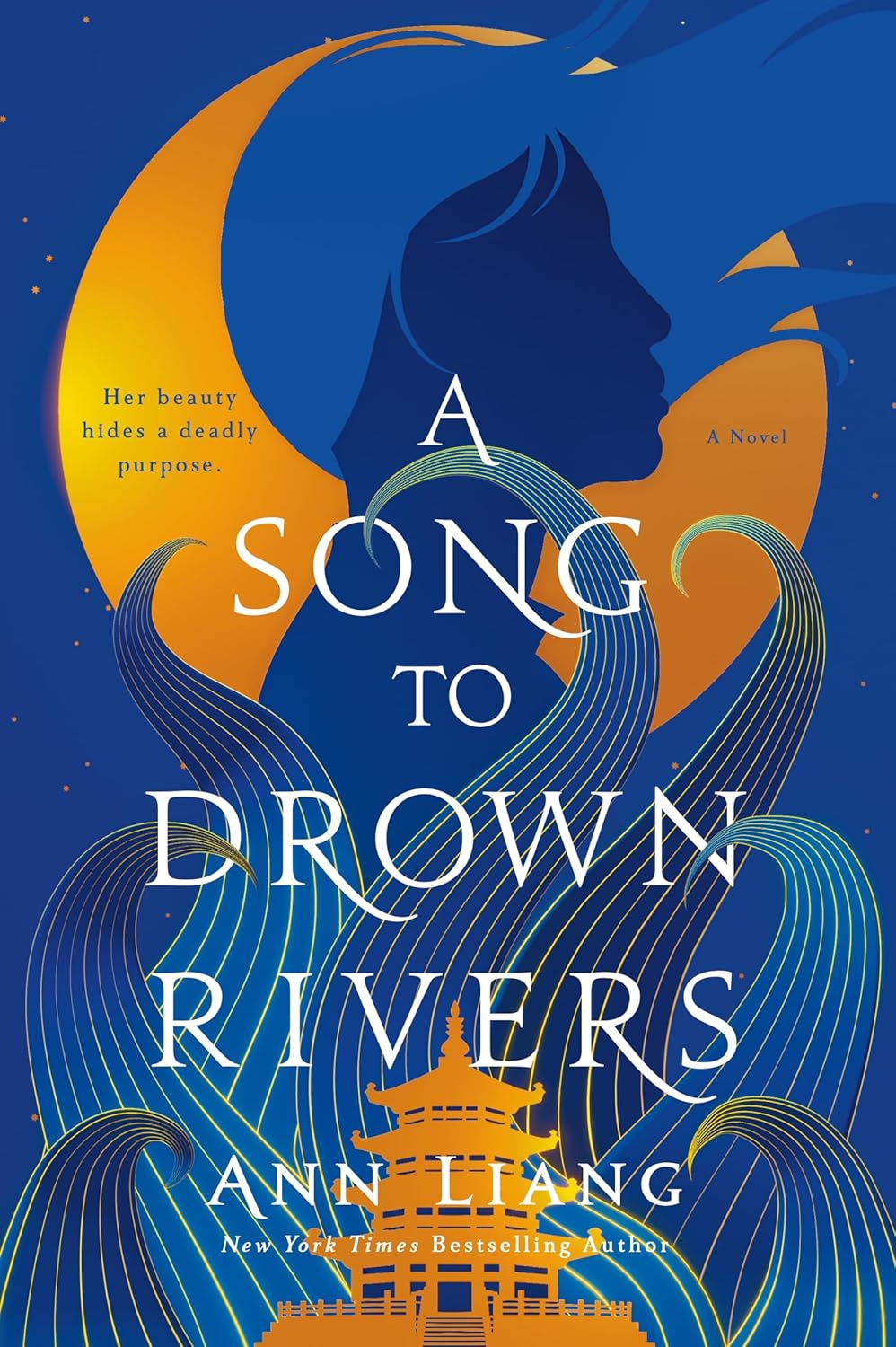Book Club Discussion Questions
Want to participate in our book club? Join BookBrowse and get free books to discuss!
Please be aware that this discussion guide will contain spoilers!
-
One of the opening lines of the novel is "beauty is not so different from destruction" (p. 1).
Would you agree?
-
The novel is told by Xishi in the first-person past tense. What effect does this have on the tone of the story? What is the significance of centering Xishi's voice?
-
On page 66, Fanli poses the question: "What is desire?" Zhengdan's answer is "greed" and "possession." Xishi's answer is "absence." How would you respond to Fanli's question? Are love and desire the same?
-
"Perhaps history would remember him as a hero. But a hero to many was still a villain to one" (p. 244). Consider the historical figures we call heroes today. How do we determine who the heroes really are and who the villains are?
-
In stories, there is a moment known as the "point of no return" where it's too late for the character to turn back around. Can you identify that moment in the story for Xishi?
-
How would you describe Xishi's relationship with Fanli, and how does it contrast with Xishi's relationship with Fuchai? What do you think is the appeal of forbidden romances?
-
How does the novel examine the corrupt nature of power? Zhengdan's mother says that
Zhengdan's father was killed not "by the Wu ... [but] by the will of kings" (p. 301). Do you believe the greater divide lies between the kingdoms of Wu and Yue or between the civilians and royalty?
-
Do you think Fuchai deserved his fate?
-
Was Xishi's sacrifice ultimately worth it? If you had been in her position, would you have
chosen differently?
-
The legend of Xishi has been reimagined over the years with multiple endings. In some, she's overcome with guilt for what she's done and commits suicide. In others, she happily sails across Lake Tai with Fanli. How does the ending shape—or reshape—the meaning of the story?
Unless otherwise stated, this discussion guide is reprinted with the permission of St. Martin's Press. Any page references refer to a USA edition of the book, usually the trade paperback version, and may vary in other editions.




